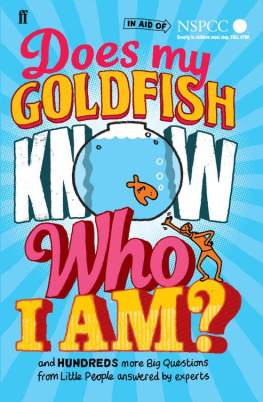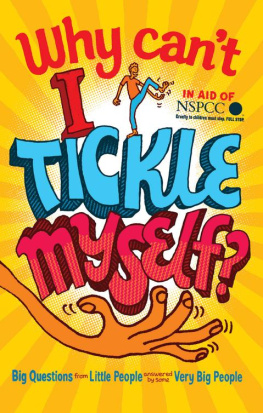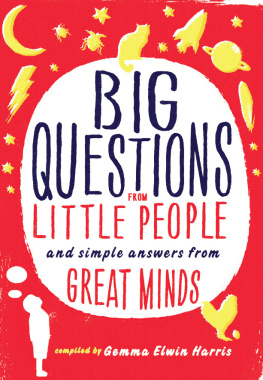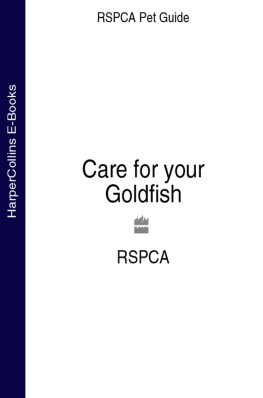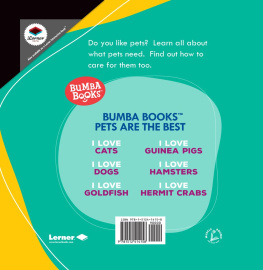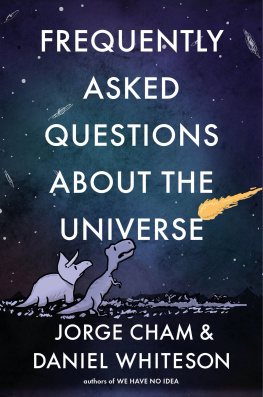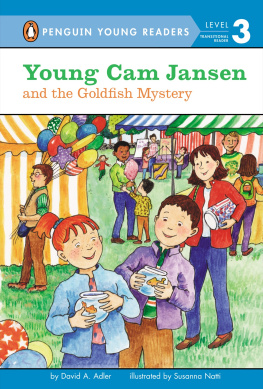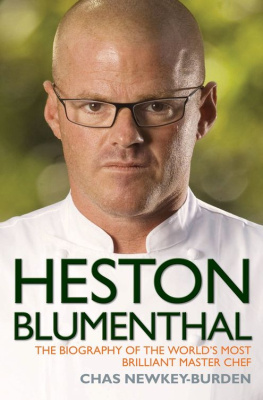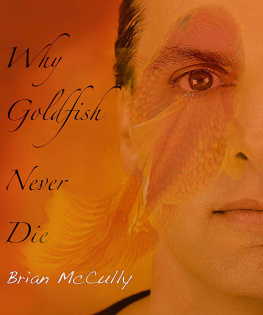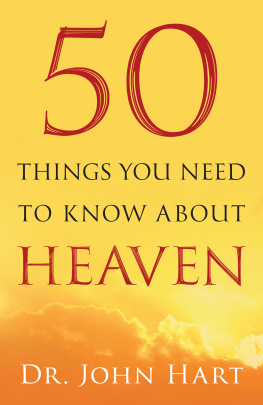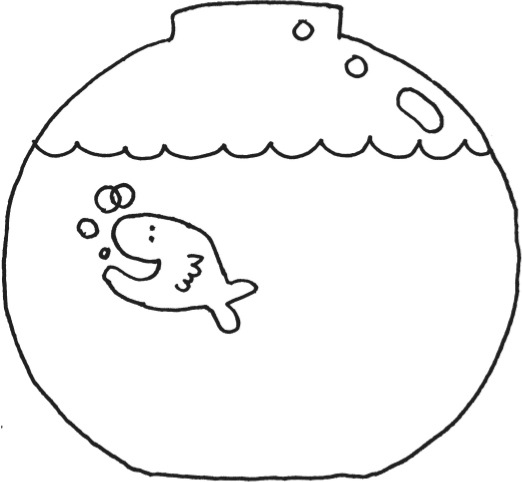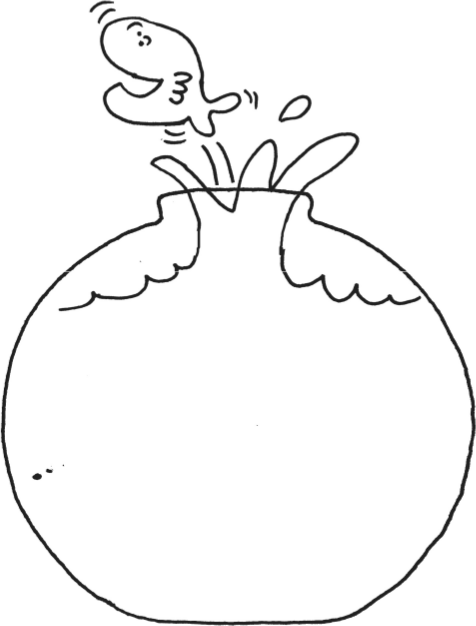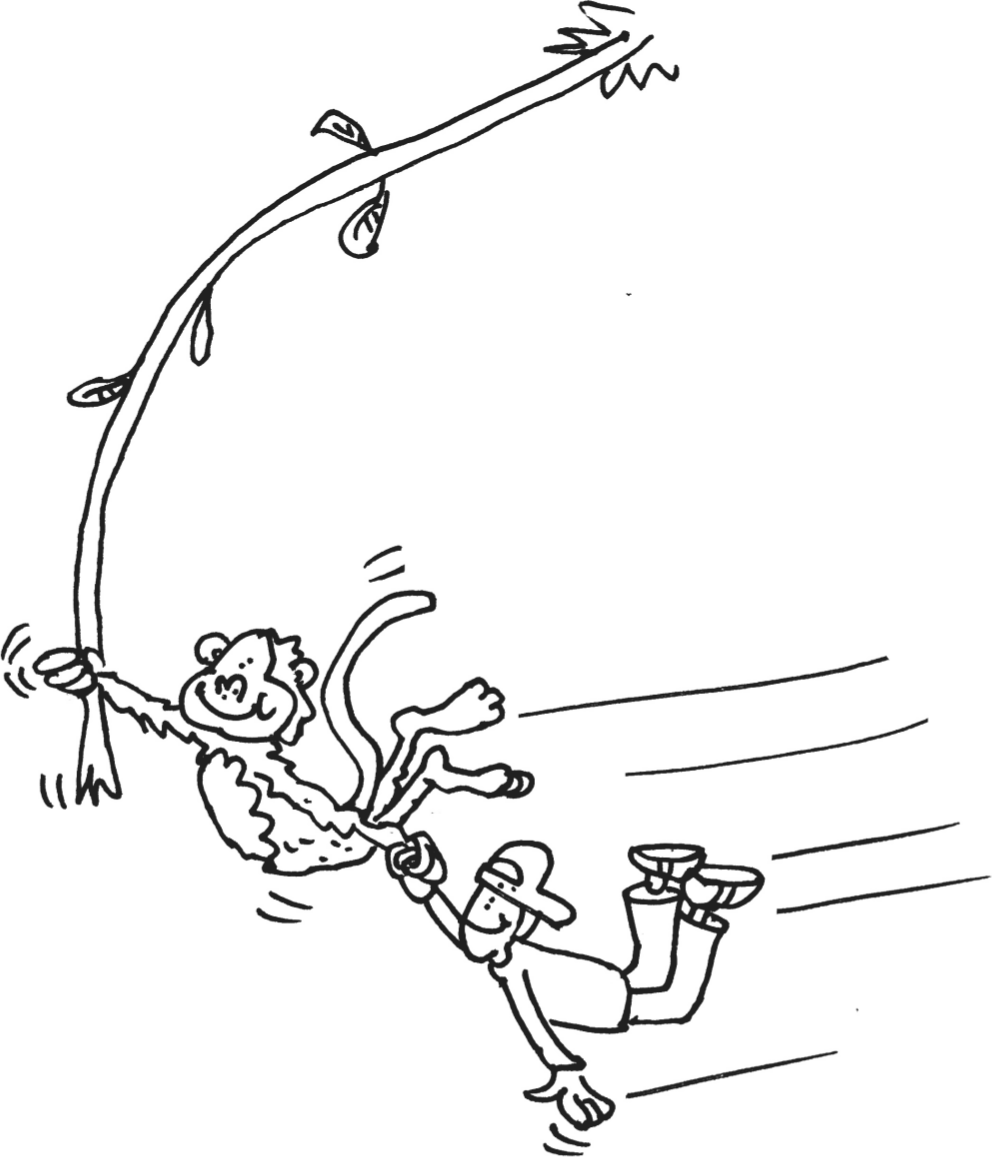From asteroids to zebras, farts to football, via the human condition this book tackles some very tricky questions from children on (just about!) every subject in the solar system. So a very warm thank you to all the brilliant and much-loved experts who made time to answer one for this project that benefits leading childrens charity, the NSPCC (National Society for the Prevention of Cruelty to Children).
Many have now generously contributed to both this book and its predecessor Big Questions from Little People, for which were extremely grateful. Particular thanks to Jim Al-Khalili, Sir David Attenborough, Heston Blumenthal, Derren Brown, Noam Chomsky, Marcus Chown, Heather Couper, David Crystal, Marcus du Sautoy, Alys Fowler, Joy Gaylinn Reidenberg, A. C. Grayling, John Gribbin, Bear Grylls, Celia Haddon, Claudia Hammond, Miranda Hart, Adam Hart-Davis, Bettany Hughes, Kate Humble, Karen James, Annabel Karmel, Steve Leonard, Gary Marcus, George McGavin, Neil Oliver, Justin Pollard, Christopher Riley, Mary Roach, Alice Roberts, Simon Singh, Dan Snow, Gabrielle Walker and Yan Wong.
As for the curious minds behind the questions children from all over the UK sent them in by their thousands. A special hello to participating schools: Corstorphine Primary, Portobello High, James Gillespies, and Mary Erskine and Stewarts Melville Junior School in Edinburgh; Cleobury Mortimer Primary School, Shropshire; Landscove Primary, Devon; Woodland Grange Primary, Leicester; Furzedown Primary, Tooting; Raysfield Infants School, Chipping Sodbury; Shottermill Junior, Haslemere; Boxgrove Primary School, Guildford; Grange Primary, Newham; Malvern St James Prep; The Mulberry Primary School, Tottenham; Notting Hill Prep; Lowther Primary, Richmond; and George Tomlinson Primary, Leytonstone.
Thanks, too, to the agents who made it all happen. Notably Jo Wander, Sophie Kingston-Smith, Celia Hayley, Verity OBrien, Jonny Geller, Stephen Vishnick, Caroline Dawnay, Jo Sarsby, Anthony Arnove and Juliette Meinrath. For generous words, Jamie Byng; endless favours, Bex and Adam Balon; and help with knotty science problems, Sophie Elwin Harris and Lucinda Middleton.
Im indebted to Gordon Wise for sound advice and creativity over both books, and my editor Hannah Griffiths, whos brimful of energy and great ideas as ever along with the rest of the talented folk at Faber: Donna Payne, Anna Pallai, John Grindrod, Matt Haslum and Kate Ward. Also Eleanor Rees for fine-tuning, Andy Smith for our eye-popping covers, and Stephanie Pollard of Visual Artefact, who fathomed the quiz answers in tandem with Justin Pollard.
Above all, a resounding cheer for staff at the NSPCC and the inspiring work you do protecting vulnerable youngsters. Charly Meehan, Ill miss working with you! Thank you also to Helen Carpenter, Lucie Sitch and team; Sarah Dade, Dan Brett-Schneider and the Fundraising Communications team; Julian Beynon; and Carol Thay. Heres to more than 100,000 raised by the Big Questions project at time of press in support of that work and, we all hope, much more to come.
Gemma Elwin Harris, 2013
I am frequently guilty of doling out facetious or worse, lazy answers to my childrens questions. To be fair this is sometimes because they are questions that dont really have answers; all parents get used to the cycle of but why? questions with which our young explore the limits of our knowledge and our patience at one and the same time. But sometimes the questions are incisive, thoughtful and generally deserving of a better answer than that which my patchy understanding of aeronautics/professional wrestling/alchemy can supply. That is why this book is invaluable, and not just as an arsenal against future questions from the back of the car. This tome provides solid and reliable plugs to fit snugly into the myriad gaps in our knowledge that perhaps wed prefer not to own up to even to our children.
Alexander Armstrong, 2013
DOES MY GOLDFISH
KNOW WHO I AM?
DOES THE UNIVERSE HAVE AN EDGE?
ASKED BY Josh, age 10
Professor Brian Cox,particle physicist, says:
Thats a great question. The answer is that we dont even know how big the Universe is! We can only see a small part of our Universe the part that light has had the time to travel across to reach us during the 13.8 billion years since the Big Bang. Anything further away cant be seen, simply because the light from these distant places hasnt reached us yet.
The part we can see is pretty large, however. It contains around 350 billion large galaxies, each containing anything up to a trillion suns. This part, which is known as the observable Universe, is just over 90 billion light years across. But we are sure that the Universe extends far beyond this. It may even be infinitely big, which is impossible to imagine!
WILL MONKEYS EVER TURN INTO MEN?
ASKED BY Evie, age 6
Sir David Attenborough,naturalist, says:
Monkeys are very good at living in trees. They have hands and feet with which they can clamber about and pick the leaves and fruit they eat. No other animals, including human beings, can do it better than they do. So there is no need for them to change.
But things could alter. The forests could slowly get smaller so that there is less room for monkeys. Or a particularly good food might appear on the grassy plains beyond the forest edge. Then some monkeys might find it worthwhile to leave the forest and live out on the plain. If they did, then over millions of years they would slowly change. They would no longer need to grip branches. Instead theyd run about on the ground.
So their feet would become flatter, their legs longer, and they would stand upright. That is what may have happened to some apes a very long time ago. As millions of years passed, their bodies altered. They became more and more like us. They were our ancestors.
But as long as monkeys have plenty of food in the forests and the forests themselves are big enough to provide them with homes, they will remain monkeys.
WHY DO I GET DIZZY WHEN I SPIN AROUND?
ASKED BY Jumaina, age 7
Dr Ellie Cannon,GP and telly doctor, says:
You may not know it but your balance and steadiness is actually controlled by your ears. They do the listening and they do the balance. Pretty clever really.
Right inside your ear, just next to your brain, there are three tiny tubes in an arch shape, full of liquid.
The tubes are lined with even tinier hairs that waft around in the liquid, a bit like plants under the sea. Those hairs are actually sending signals to your brain to say Were moving a lot today, or Were not moving very much.
If youre not moving, then the liquid is calm like a quiet pond and the hairs tell your brain that youre steady on your feet or sitting still. When you start spinning, that fluid gets really churned up like a stormy sea, and the hairs move wildly and tell your brain that youre spinning around. Trouble is, even when you stop spinning, that liquid carries on sloshing around for a while.

